Maulana Wahiduddin Khan: A Positive Thinker
by Dr. Aslam Abdullah
The last time I saw him was January 2020. When I was in India and attended his lecture in the basement of his home, he delivered via intercom. Later, his son, Sani Asnain, invited me to meet Maulana Whiduddin Khan in his private room. A Kashmiri pundit family was already there explaining their understanding of his writing. He was almost 88, but he recognized me, mentioned my late father’s name, and asked a few questions about President Trump and his popularity in America.
Whenever I visited India, I always visited his residence to listen to his lectures. He never missed the interaction with young men and women who attended his session like a religious ritual. He was a soft-spoken humble man whose memory was sharp until his last days. He was cordial to everyone. Even in his disagreement, he kept Islamic ethics above all other things. His concern was the peaceful coexistence of religions, and he advocated Hindu-Muslim unity and harmony. He believed in salvation through Marifah and not through actions only. In Sufism and Alevism, Marifah (Arabic: ??????, ‘knowledge’) describes the mystical intuitive knowledge of spiritual truth reached through ecstatic experiences, rather than revealed or rationally acquired. A seeker of Marifah is called ‘Arif, “the one who knows.”
He was a philosopher, a journalist, a scholar, and above all, a positive thinker and edited Al-Jamiat, an Urdu daily published by Jamiat ul Ulama of India. He produced his magazine Ar Risala and authored over 200 books translated into English, Arabic, Hindi, and many other languages. The former ruler of Libya, Muammar Qaddafi, whose Green Book he translated into Urdu, admired him for his positive thinking and even financed many of his projects.
Maulana was once a member of Jamat Islami and a fan of Syed Abul Ala Maududi. Later, he regretted his association with Syed Maududi in his book Tabeer ki Ghalti (Mistaken Interpretation), a critique of Jamat Islami.
The Maulana was born in a north Indian Indian village of Bhadaria in Azamgarh on January 1, 1925. He died on April 21 2021) in the Nizamuddin area of Delhi, not far from the shrine of Khwaja Nizamuddin and the headquarters of Tableeghi Jamat. A peace activist known for having written a commentary on the Quran and translated it into contemporary English, he was in the 500 Most Influential Muslims of the world.
Khan received the Demiurgus Peace International Award, under the patronage of the former Soviet President Mikhail Gorbachev; India’s third-highest civilian honor, the Padma Bhushan, in January 2000; the National Citizens’ Award, presented by Mother Teresa and the Rajiv Gandhi National Sadbhavana Award (2009). Maulana Wahiduddin Khan received Padma Vibhushan, India’s second-highest civilian award, for his contribution to spiritualism.
He started The Ar-Risala (The Message) Urdu magazine in 1976, consisting of almost entirely his articles and writing. An English edition of the magazine began in February 1984, and a Hindi version started in December 1990. His major writings included Hijacking — A Crime, Rights of Women in Islam, The Concept of Charity in Islam, and The Concept of Jihad.
He wrote extensively on multiple issues. Some of his titles are:
The Prophet of Peace
The Quran: A New Translation
A Treasury of the Quran
Tazkirul Quran
Indian Muslims: The Need for a Positive Outlook
Introducing Islam: A Simple Introduction to Islam
Islam Rediscovered: Discovering Islam From its Original Sources
Islam and Peace
Islam: Creator of the Modern Age
Words of the Prophet Muhammad
The Issue of Blasphemy






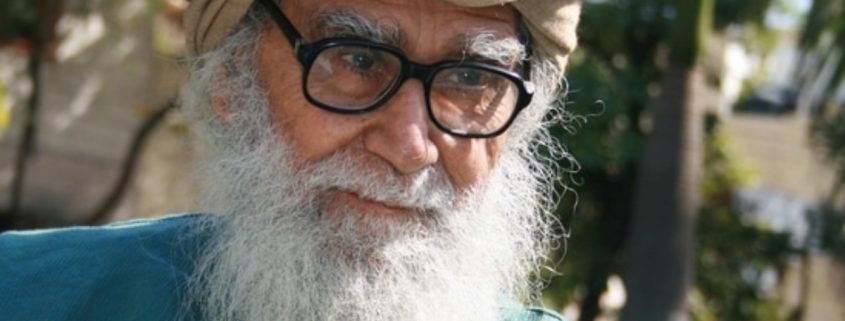
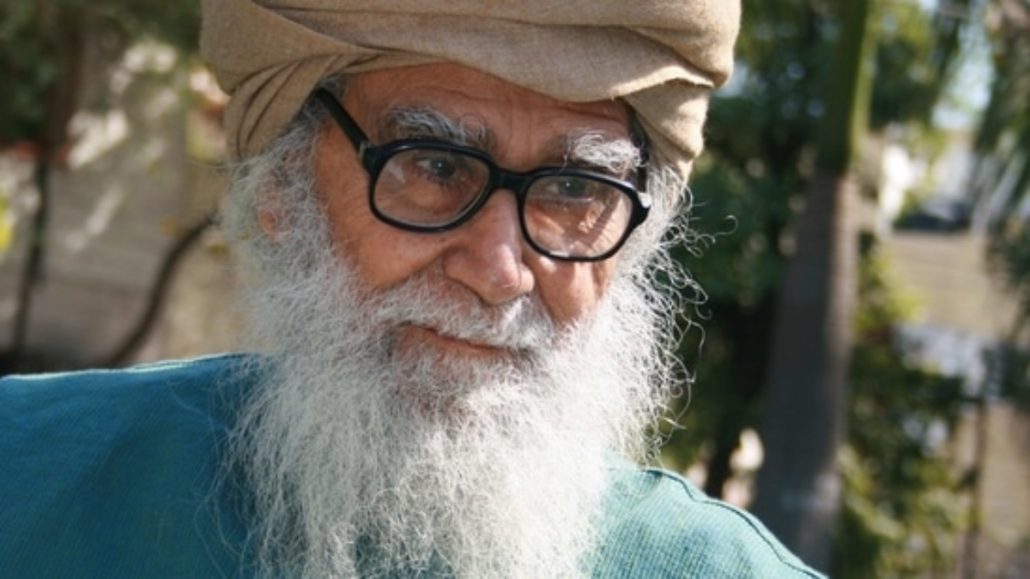

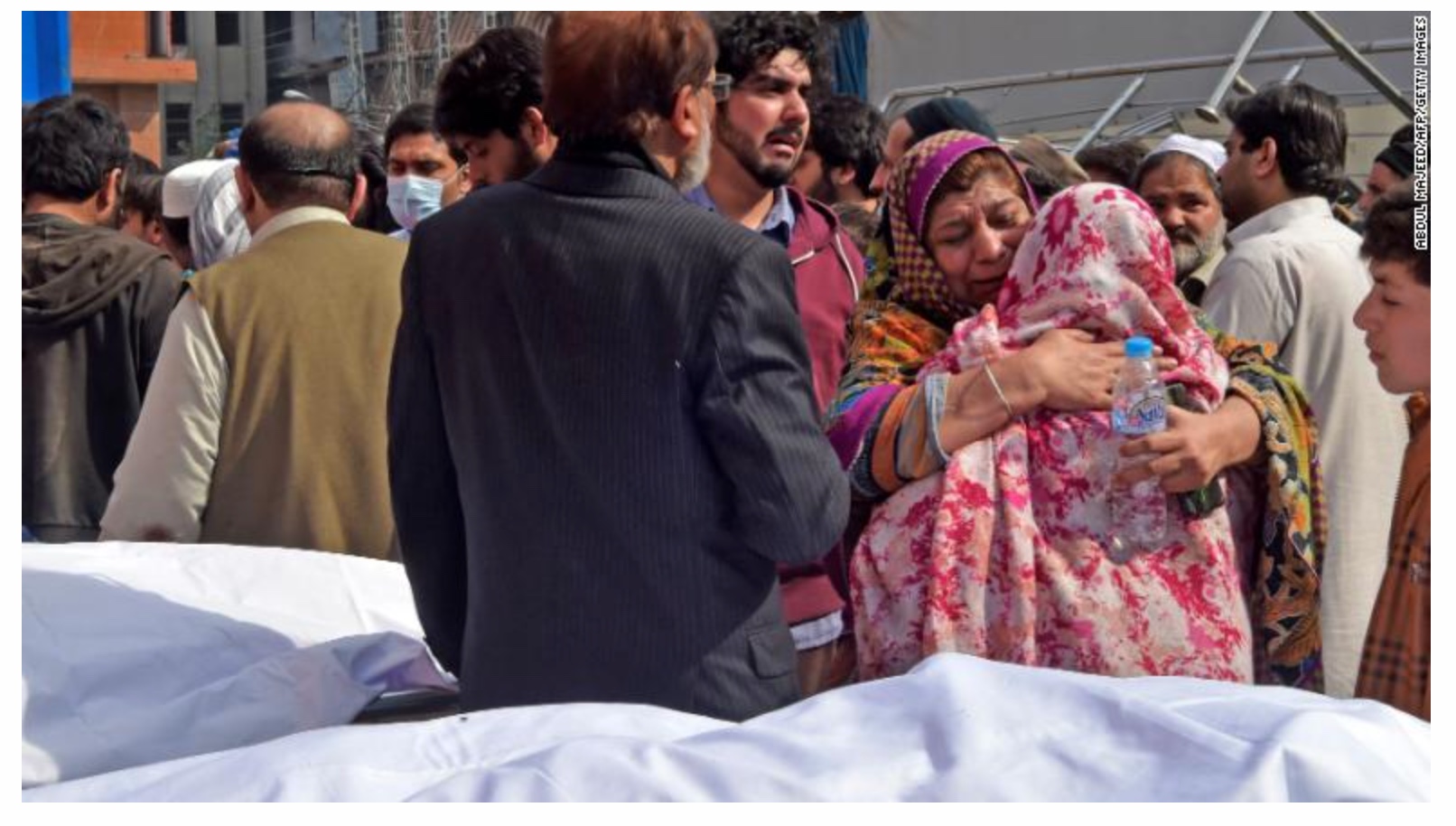
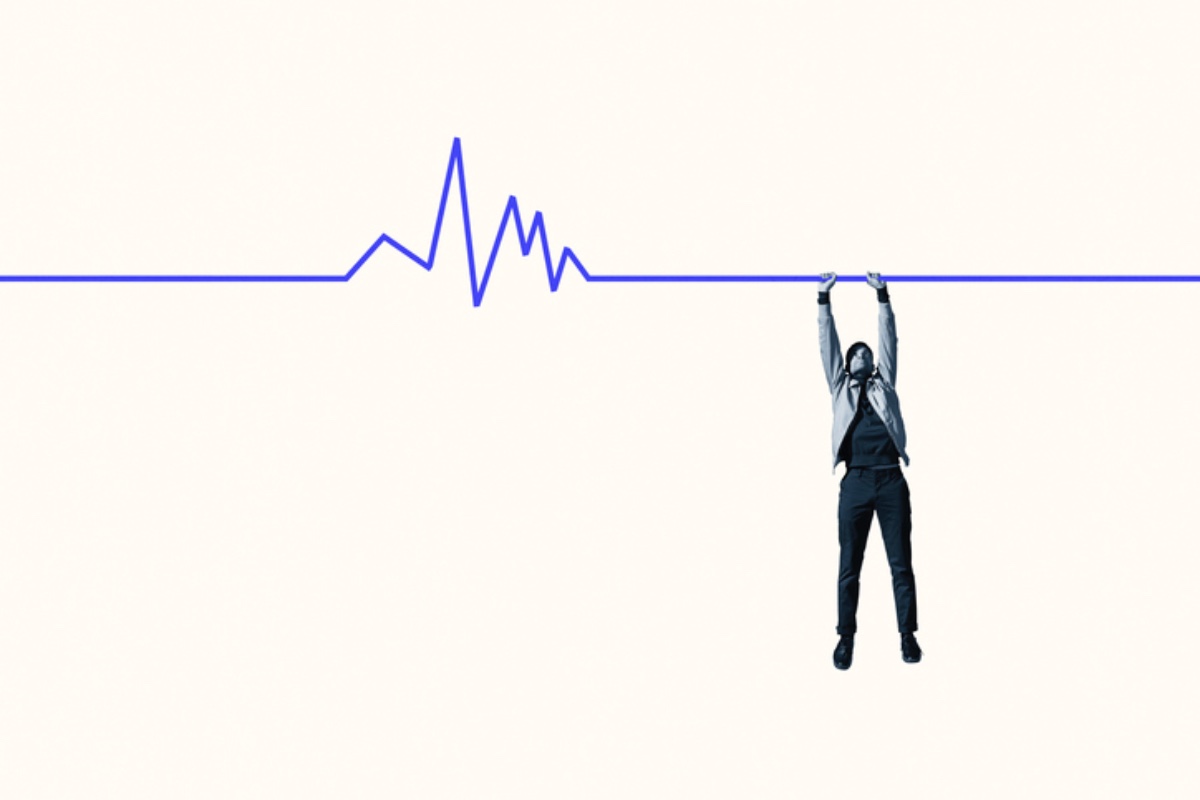
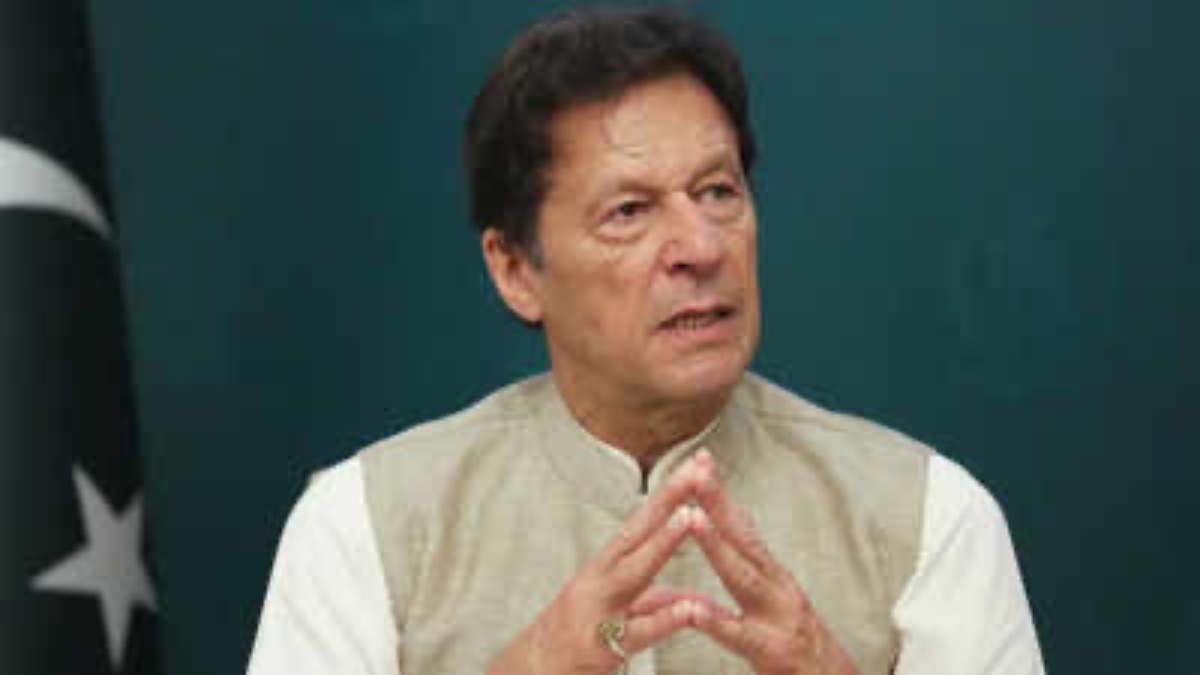
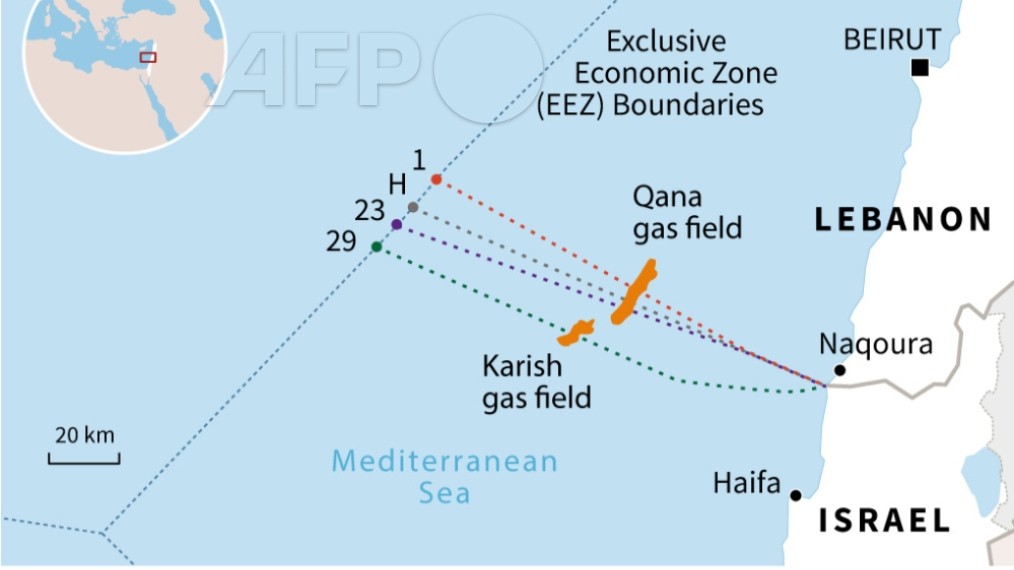








2021
1,664 views
views
0
comments